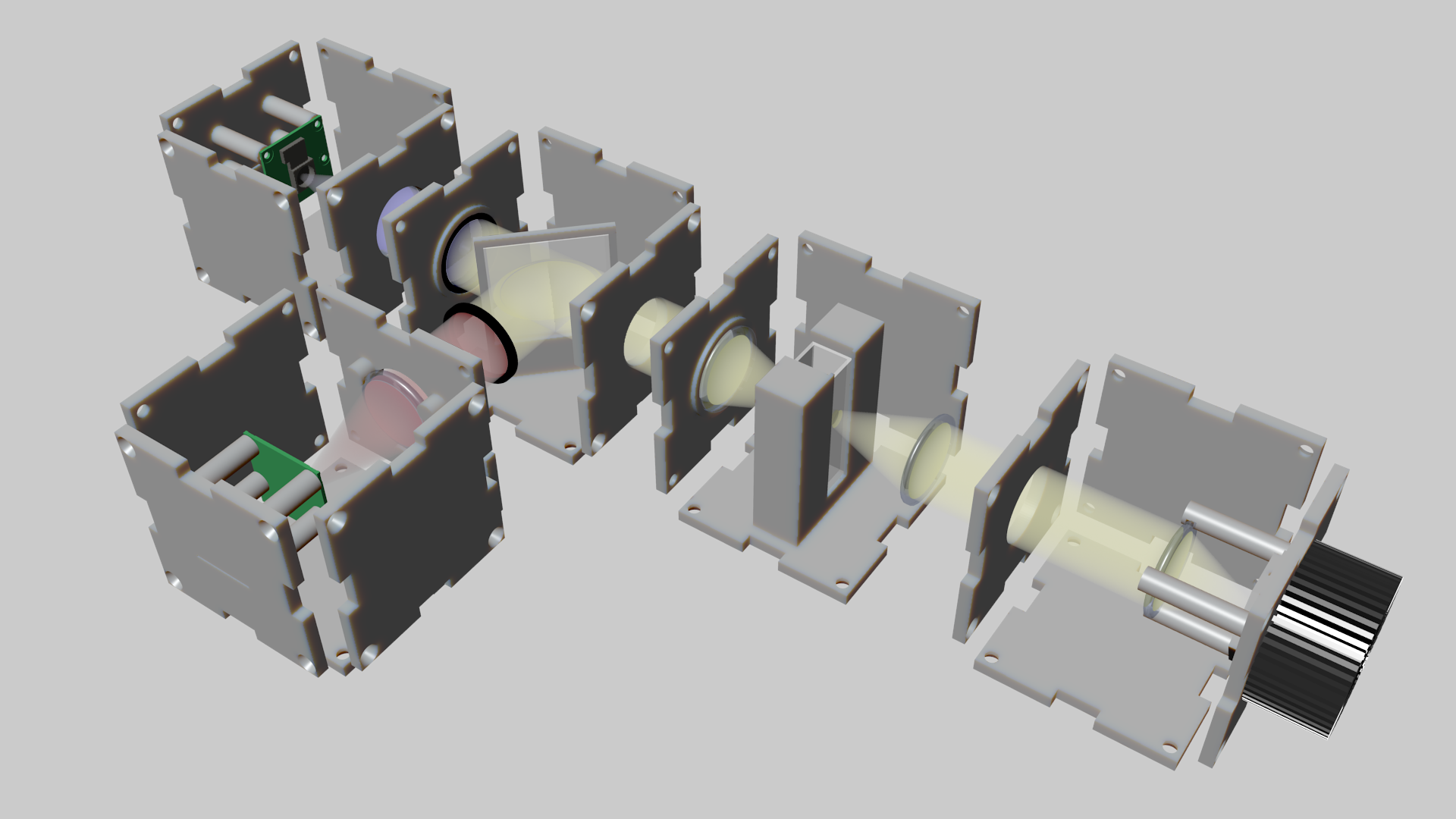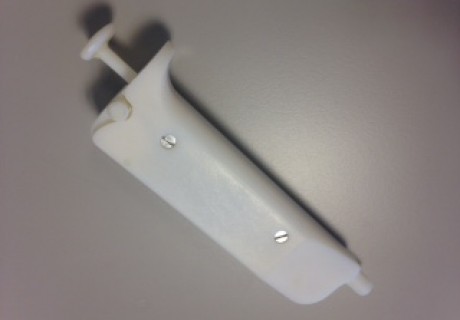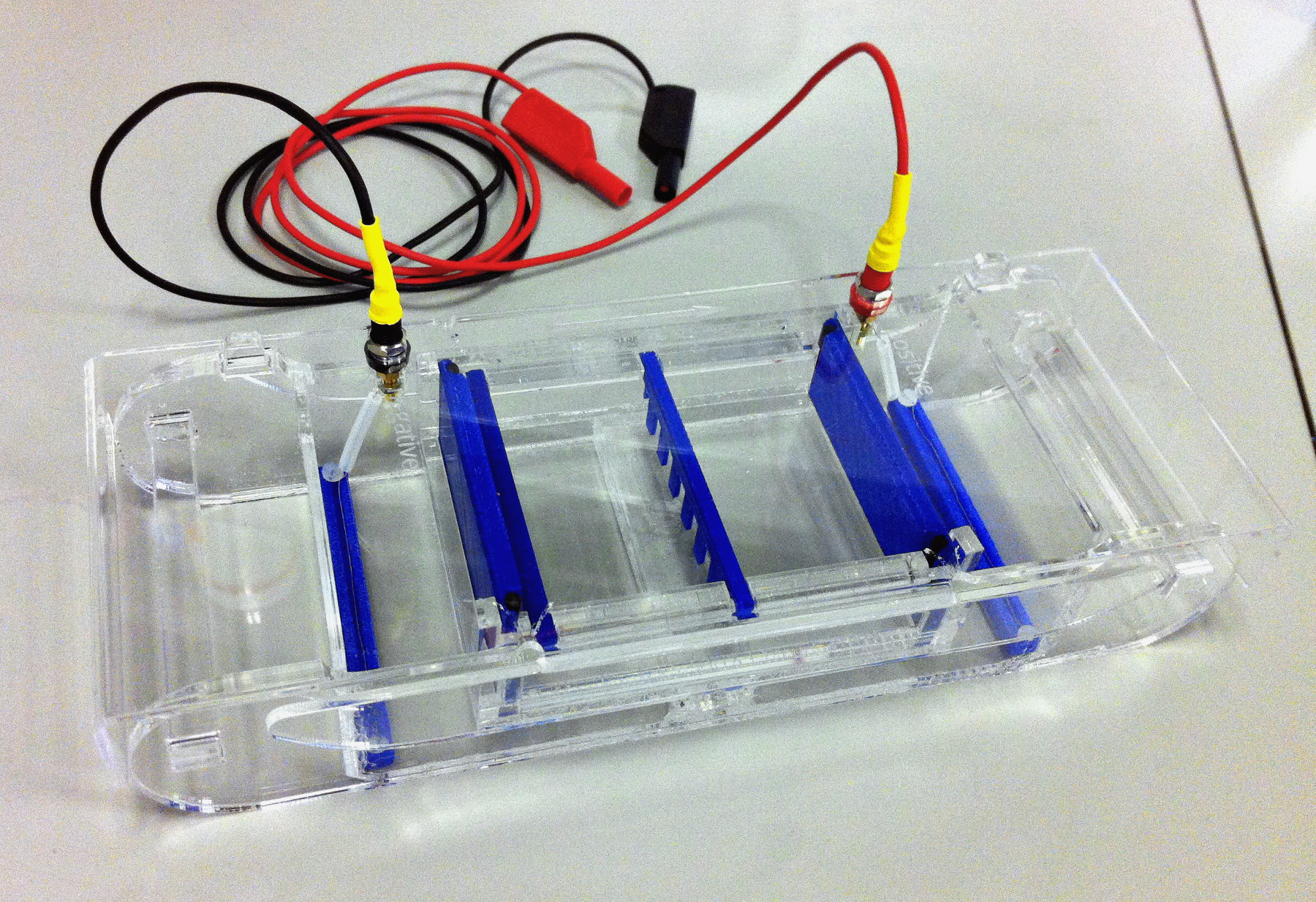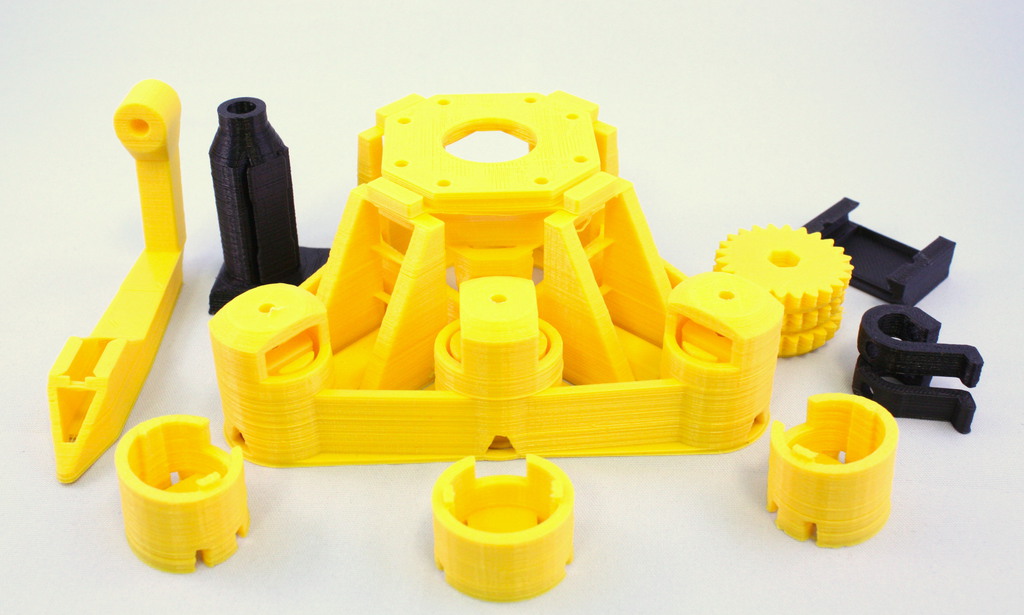Documentation Tool for Open Plant Technologies
Tobias Wenzel (Department of Physics, University of Cambridge), Johan Henriksson (EMBL-EBI), Carlos Lugo (EMBL-EBI), Luka Mustafa (Shuttleworth Foundation Fellow, IRNAS)
There is a growing trend to produce open hardware for science due to its potential benefits for reproducibility of scientific results. Making knowledge production more accessible for everyone also has personal and group-level benefits such as avoiding losses of knowledge when team members leave, saving time as well as resources and increasing the quality of scientific outcomes. OpenPlant Fund and Biomaker Challenge have produced several hardware designs which are openly shared. However, many of the designs for scientific instrumentation are complex and the DocuBricks team felt that available tools were insufficient to enable useful sharing of open source hardware projects that integrate different types of components.






They built an open source hardware documentation software and an online repository called DocuBricks (DocuBricks.com) that allows projects to be documented in a modular fashion. The aim is to make it easier for users to assess how the project solves a problem, whether the information is complete and if calibration strategies and protocols are provided. They also wanted to provide a database for scientists who would like to cite the documentation and files in a publication as well as demonstrate the community impact of each module of their work.
This software tool is itself open source and saves documentations in an accessible XML format. Thirteen projects are currently live on the site and the team are continuing to develop DocuBricks to serve as a high quality repository for Open Science Hardware. The database is citeable and is now a recommended repository for hardware published in the new Open Access ‘Journal of Open Hardware’ published by Ubiquity Press.
“The OpenPlant Fund award was a unique opportunity for us to seriously implement and test our idea (DocuBricks). Beyond the flexible funding it also connected us to an amazing community of users, advocates and activities that really made a difference!”
DocuBricks has been presented at numerous meetings including OpenCon Cambridge, MozFest, Gathering for Open Science Hardware and featured on PLOS Blogs, in Nature News, BioTechniques, the Mozilla Open Leaders programme and a Global Young Academy report on open hardware.

